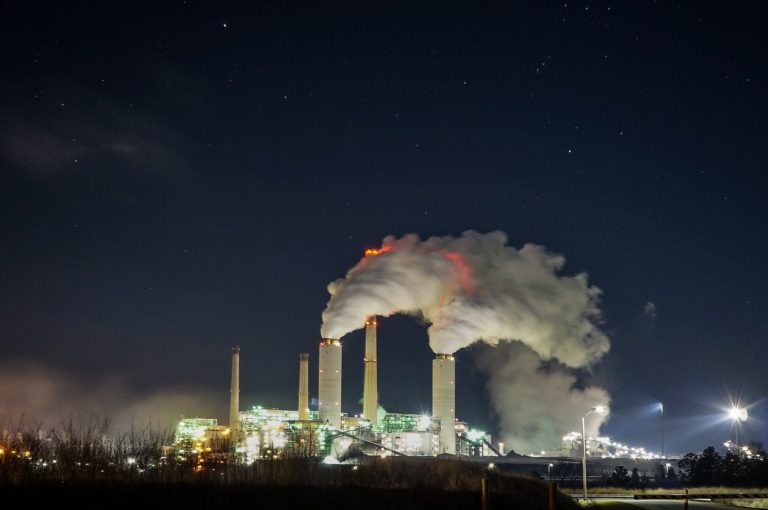
UPDATE 11/9/18: We are once again hearing that H.R. 4239 – “SECURE American Energy Act,” could come up for a floor vote soon. This bill would transfer management authority for the permitting of federal oil and gas resources to states, encourage offshore oil drilling while limiting safeguards, and weaken protections for marine mammals. Please call your Representative to speak out against this fossil fuel bonanza on our lands and waters!
As early as this week, the United States House of Representatives may vote on H.R. 4239, deceptively called the “SECURE American Energy Act.” This bill contains massive giveaways to the fossil fuel industry. It would make it easier for companies to use our public lands and offshore areas for fossil fuel extraction while eliminating provisions designed to protect the public, wildlife, and the environment. Simply put, it seeks to allow fossil fuel companies to make enormous profits by destroying the areas that are supposed to belong to the American public. It would prioritize oil and gas development above all else.
Under H.R. 4239, our national parks could be sold off to fossil fuel companies. The bill would give states — which are already under immense pressure and influence by industry — the power to decide how to use federal lands in their borders. H.R. 4239 also creates loopholes for oil and gas companies — for example, it would eliminate the requirement for drilling permits and prevent the Bureau of Land Management from regulating hydraulic fracturing on public lands. These changes would mean not only more oil and gas extraction on public lands but less oversight and protections for the public and wildlife.
H.R. 4239 would also create shortcuts for companies that want to drill for oil and gas in offshore areas. It would change the current system of managing offshore areas to allow drilling in more areas and minimize public input, while also speeding up the process of approving dangerous seismic airgun blasting. It would also make it easier for oil and gas companies to get permits for activities that could hurt or kill marine mammals and let companies that kill migratory birds in oil spills off the hook. It even would nullify drilling safety protections created in response to the BP Deepwater Horizon oil spill. All of these provisions mean fossil fuel companies would be able to drill in more places and save money by not having to comply with vital regulations, while our coastal economies and marine ecosystems pay the price.
H.R. 4239 is nothing more than a fossil fuel industry wishlist, and it could lead to dire consequences for our national parks, coastal communities, and marine areas, all while further exacerbating climate change. Please join us this week and call and/or write your Representative to speak out against this fossil fuel bonanza on our lands and waters:
“My name is [YOUR NAME] and I am a resident of ZIP code [ZIP CODE]. I am calling to ask you to oppose House Bill 4239, which is misleadingly called the ‘SECURE American Energy Act.’ This bill hands over our public lands and offshore areas to fossil fuel companies, prioritizing fossil fuel extraction over all other values. Not only does this bill make it easier for fossil fuel companies to degrade our public lands and waters with drilling, it also removes common-sense processes and rules intended to protect the public and wildlife. House Bill 4239 has nothing to do with making America more secure – if that were the intent, it would be promoting the clean and safe energy we need for our future. Instead, this bill is a wishlist of items that fossil fuel companies hope will improve their profits. Public lands and offshore areas belong to all Americans — giving fossil fuel companies free reign to degrade these areas is not in the public’s best interest. Please stand up for the American public and oppose House Bill 4239.”
[CongressLookup show=”representative”]